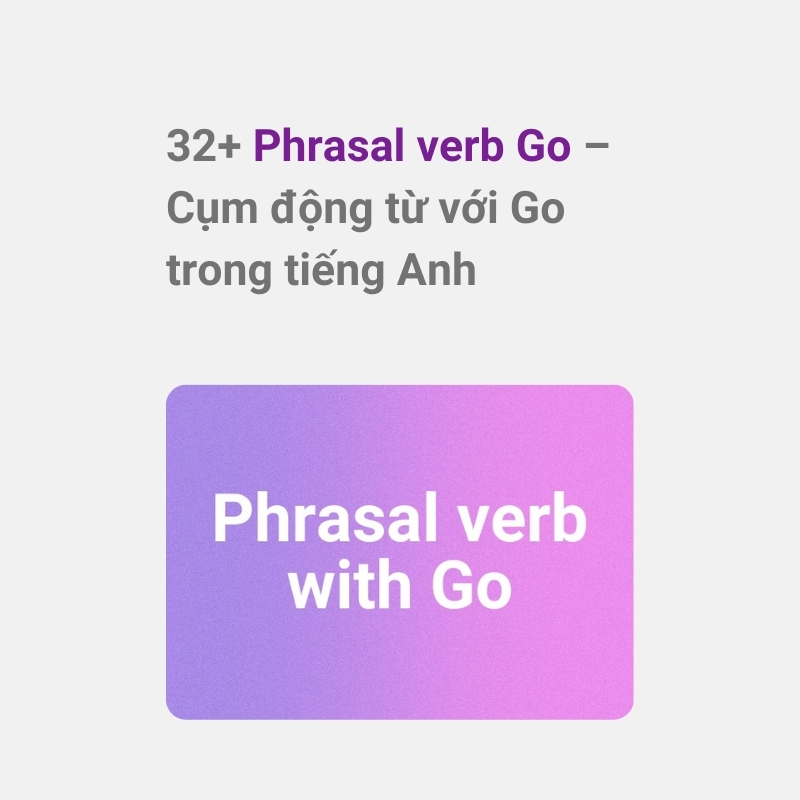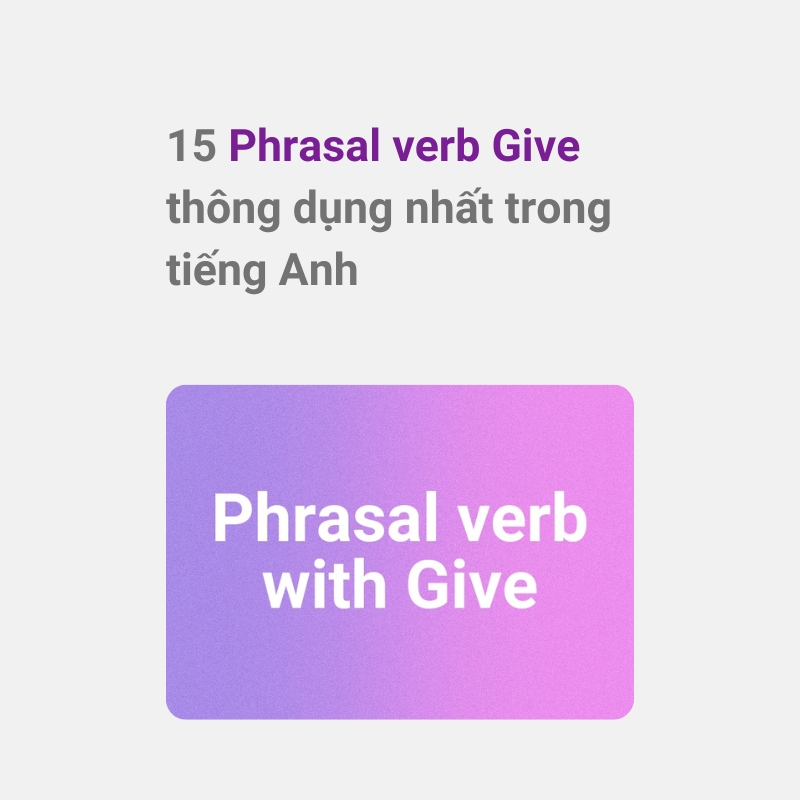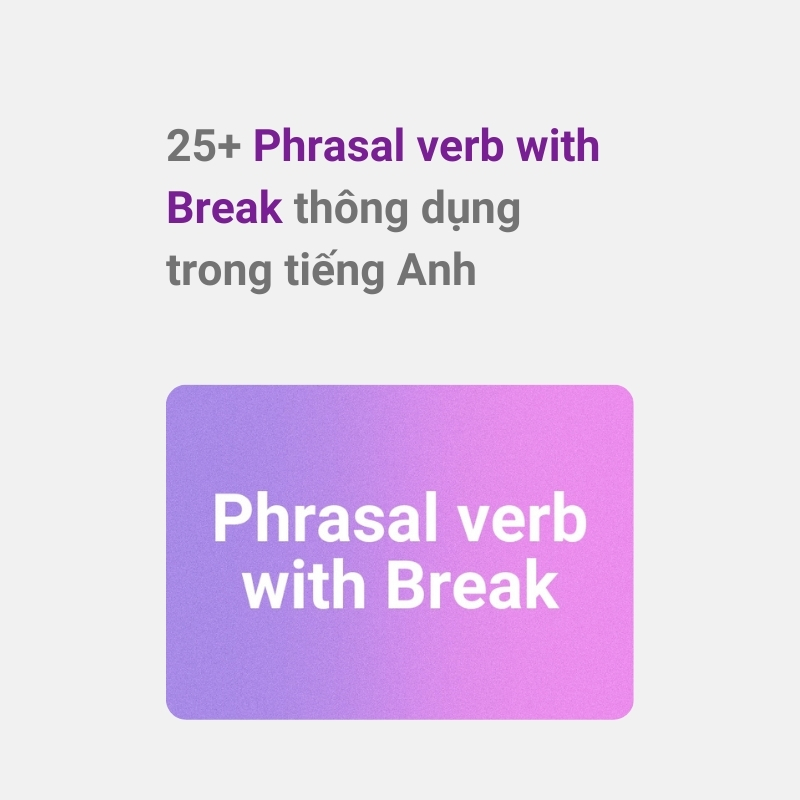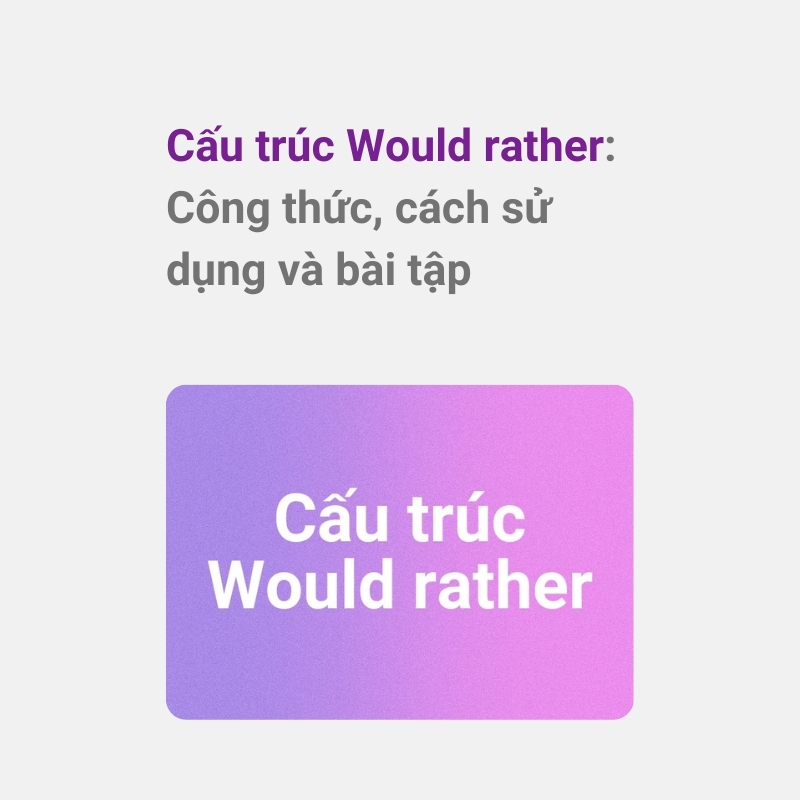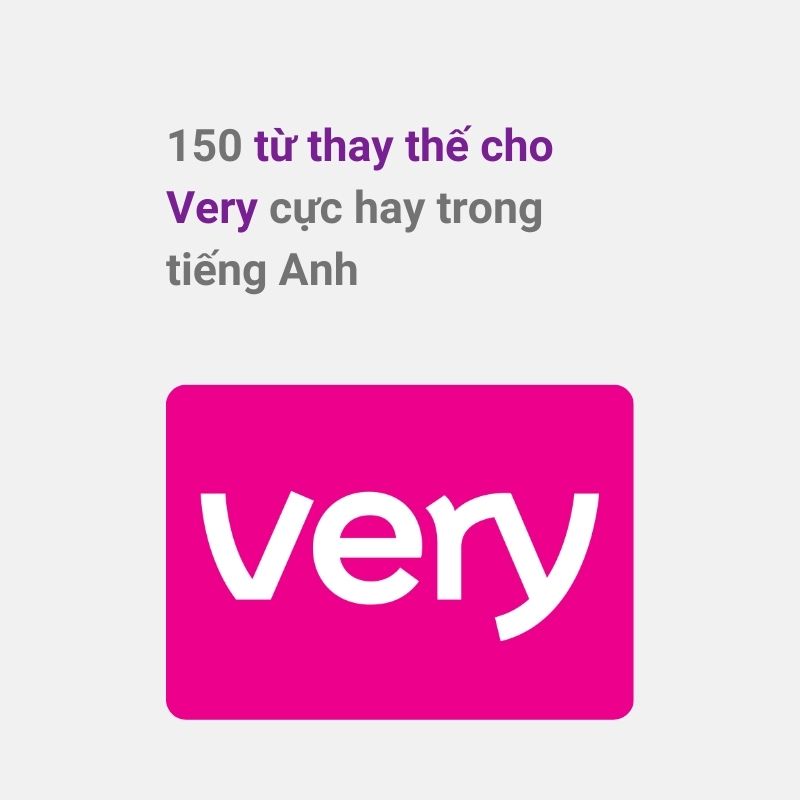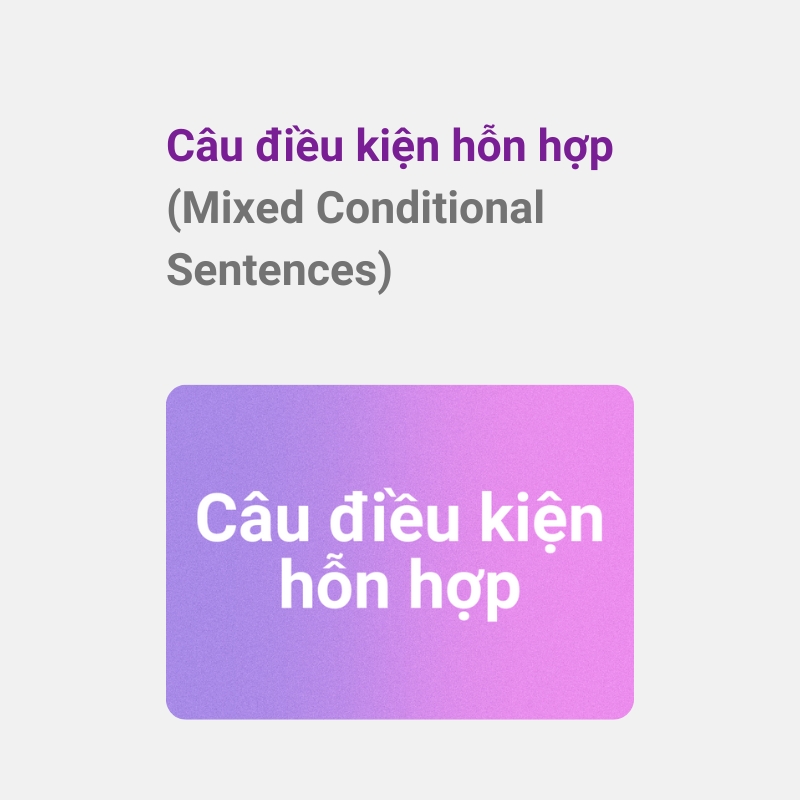Denotation vs. Connotation
 13/12/2023
13/12/2023
 Tác giả : monamedia
Tác giả : monamedia

The idea of ‘denotation’ vs. ‘connotation’ is an extremely important part of advanced language learning. Unfortunately, even most native English speaking teachers neglect to teach this because they either don’t actually understand this concept themselves or fail to recognize its significance.
But for sure, all American native English speakers, as a student, have many English classes that teach this very critical point. Americans learn this concept in high school and again in college. It is very important that educated people understand this distinction.
I absolutely want my Vietnamese students to understand this concept as it is a key to advancing in the English language. As a second language learner (your second language being English), if you truly want to grow in the English language, you must comprehend this concept.
First, as I often say in class, there are many names for the same thing. For example, you can call me ‘Gary,’ “a man’ or ‘male’ or ‘guy’ or ‘Mr.’ or ‘sir’ or ‘teacher’ or ‘baldy’ and all of these words refer to the same thing: ‘me.’
And so too with the words denotation and connotation. – they have many different words to describe the same, basic idea. If you understand this distinction I am making now, then you are in good shape to improve your English language understanding of the many nuances of most words in English.
‘Denotation’ is the strict meaning of the word or words. It can also be called: literal; diction, dictionary definition, true meaning, actual meaning, accuracy of the word, explicit or primary meaning, and so on.
For example, the primary denotation of ‘home’: a house, apartment, or other shelter that is the usual residence of a person, family, or household.
‘Connotation’ is the associated or secondary meaning of a word or expression in addition to its explicit or primary meaning; it is the feeling or emotion you get from the word when you hear it. It can also be called: figurative, figure of speech, metaphor, idiom, verbal phrase, and so on.
For example, the primary connotation of “home” is “a place of warmth, comfort, and affection.”
Take for example the following two sentences:
“Do you support gay marriage?’ or “Do you support same-sex marriage?
Notice that the denotation of “gay’ and ‘same sex’ is the same. They both mean: “of or involving a sexual relationship between two men or between two women.’
But the connotations of the words are very different. When most people hear the word ‘gay’ they are opposed – they don’t like it (it has a negative connotation). But when most people hear the word ‘same sex’ they are not so opposed – it seems maybe OK (it has a neutral connotation).
Another example would be these three words: ‘slim’ ‘thin’, and ‘skinny’ when describing a man. The denotation of the words are the same: “slender or below average in girth.” To say a man is slim, would have a positive connotation (he’s handsome and slim); to say a man is thin would be neutral, and to say he is skinny would carry a negative connotation (oooh, yucky, he’s so skinny).
Politicians, advertisers, businessmen, journalists, psychologists, survey designers, etc., know this idea very well. If I am a politician who is an advocate of gay marriage, I will always say ‘same sex’ marriage in my speeches because I know that ‘same sex’ is softer on the ears. But if I am a politician who is against gay marriage, then I will always say ‘gay marriage’ because it is harder on the ears.
Again, back to ‘gay marriage.’
If I am designing a survey about gay marriage and I want the lowest percentage of people possible to support it, then I will pose the question “Do you support gay marriage?”
But If I want the highest percent of respondents to support it, then I will pose the question “Do you support same –sex marriage?”
Simply, since the connotation of “same sex” is less offensive than ‘gay’ more people will respond positively to the question using ‘same sex.’ This is not my opinion. This is a fact already established by solid research.
Let’s consider another example of the power of words and connotation. The fact is, that in America most media companies (TV, radio, newspapers, etc.) are owned by Jewish people. And the Jewish state of Israel has deep rooted, long lasting and serious conflicts with most Muslim states. We see in the news all the time about Jews killing Palestinians and Palestinians killing Jews. But in most American newspapers, since they are owned by Jews, who obviously support Israel, use the connotation of words to influence public opinion (and such word choice can often be both clever and subtle – but it affects attitudes and perceptions).
Therefore, when 12 Palestinians are killed by the Jewish army on any given day, the newspaper will read “12 Palestinians were killed by Israelis today”…
However, if the opposite happens, the paper will read “12 Israelis were massacred by the Palestinians today.”
So, you got the point? Use the word ‘kill’ and the connotation is somewhat neutral, but use the word ‘massacre.’ and the connotation is outrageous and gives the feeling that the killings were somehow barbaric or unjust.
Therefore, remember, most words (not medical terms or pharmaceutical names, etc.) have both a denotation and a connotation and people with power try to manipulate the masses by effectively choosing words that connote the meaning/emotion that they intend to convey.
So, be smarter than the average person. Be aware that there are those who wish to affect ‘control’ and altogether manipulate your thinking through the power of the connotation of words. Also know that you, as a writer, can elicit different emotions from your readers through the words you choose to write. Better essays in IELTS are written by students who understand the connotation of many words.
Finally, when choosing synonyms or parallel expressions for the IELTS writing tasks, it is essential that you know the connotation of the synonym – maybe it will work or maybe it won’t – depends on the context and connotation.
Remember, a critical part of meaningful growth and advancement in the English language is grasping the subtleties and nuances of the connotations of words.
The more you read read read, the more you will digest, process, and remember the connotations of words. Connotation is power — be smarter than the ‘other guy’ and focus on continuously giving sincere effort into learning the connotations of words.
Nhận lộ trình IELTS TỐI ƯU theo yêu cầu









